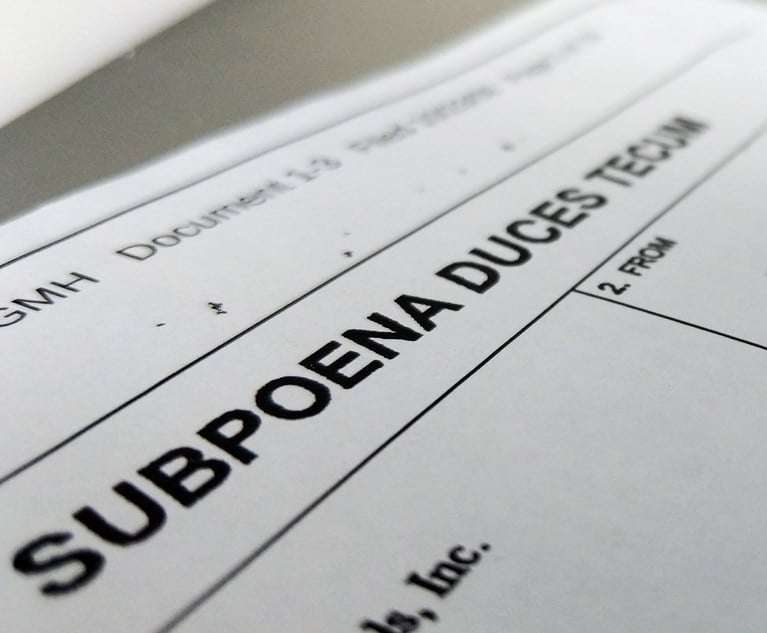To most readers, the Wall Street Journal’s recent article about Robert Kraft’s efforts quickly to obtain N95 masks from China for Massachusetts hospitals was a story of a seemingly heroic act. While we too were able to appreciate that aspect of the story, what really stood out to us were all of the FCPA red flags. We instantly started thinking of what a wonderful case study the story would make and whether readers of that case study would think that the humanitarian nature of the mission should render any FCPA obstacles moot.
The case study would nearly mirror the reported transaction—the wealthy and powerful chairman of a major sports franchise purchased 1.2 million N95 masks, a rare and critical commodity during the time of a major health crisis, using his professional sports team plane to ferry the goods from China to the United States. Sprinkled throughout the case study would be the following red flags:
- Purchase from China
- Under desperate circumstances (“I just had to get them there,” the chairman reportedly told a friend)
- Use of intermediaries, who purportedly sourced the rare goods, possibly among other functions
- Purchase required calling in favors and involved significant red tape and obstacles to overcome
- Purchase required navigation of a dense global bureaucracy virtually paralyzed by the pandemic
- Special exemption granted to the plane by government authorities in China for an otherwise unauthorized trip
- Special visas secured by plane crew, including special opening of embassy facilities to produce the visas
- Special inspection processes in China were needed for the goods, which had to be done on an extremely expedited basis
- Payment in U.S. dollars


 Shutterstock image
Shutterstock image







